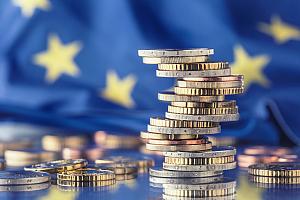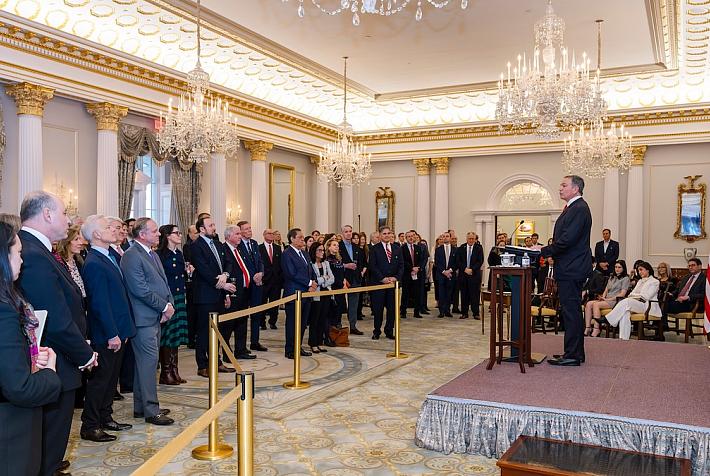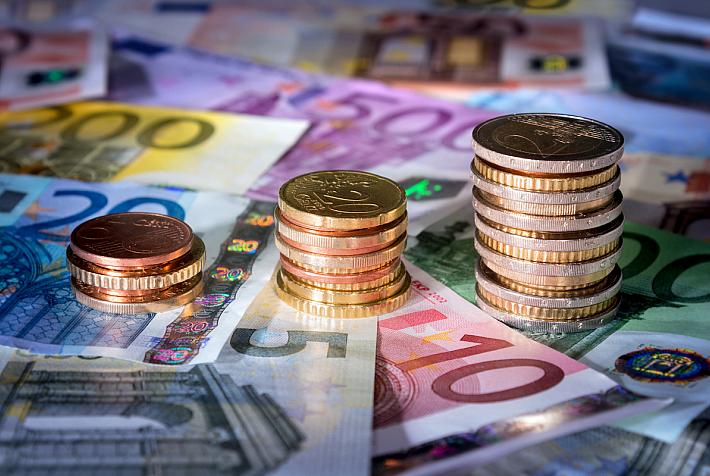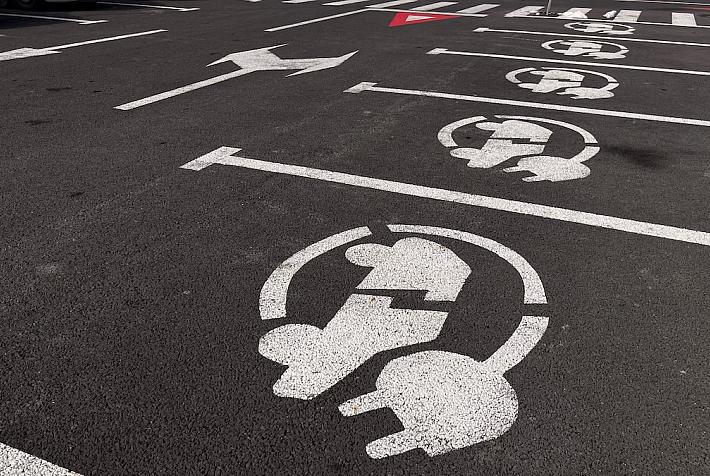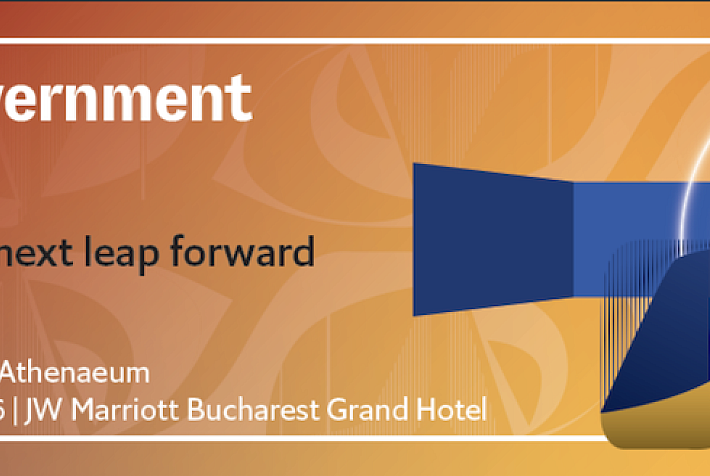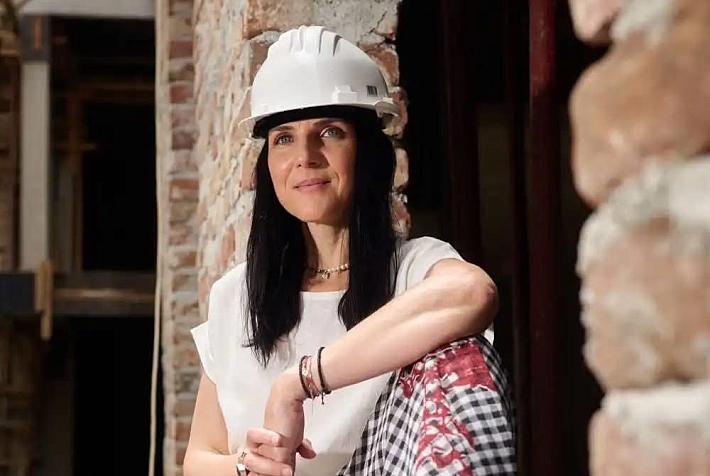Romanian political parties spent 150% of the state funds given to them so far in 2024
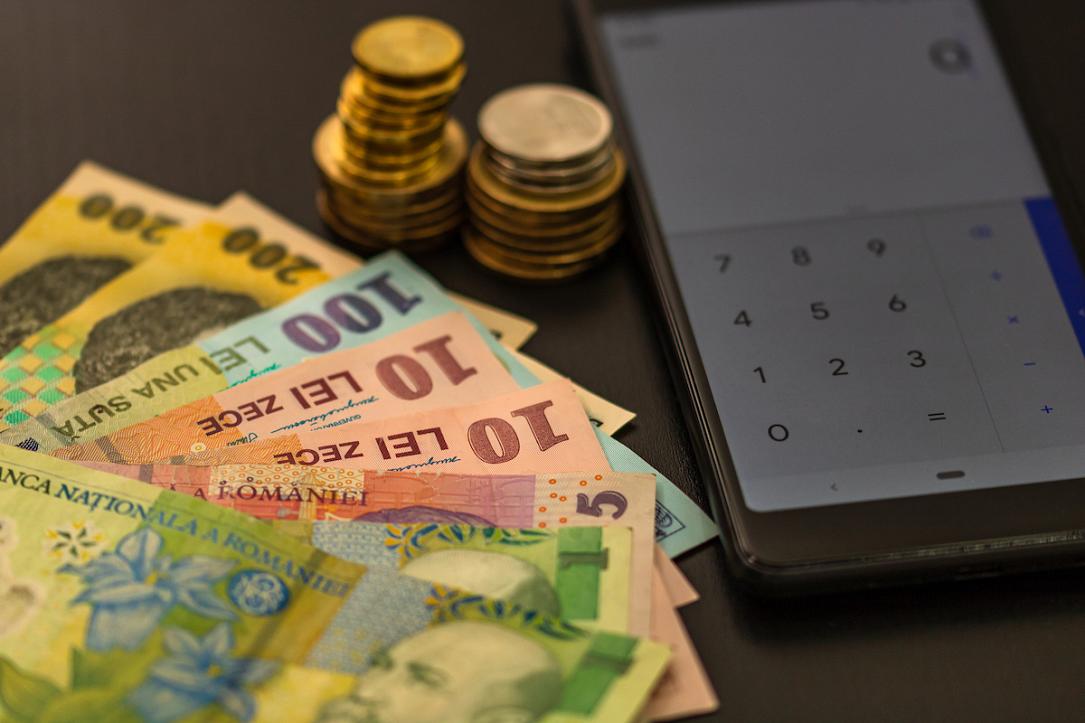
The Romania’s Permanent Electoral Authority (AEP) transferred RON 133 million to six political parties between January and June. The parties, in turn, spent RON 198 million, almost 150% of the amount received, according to a monitoring report released on Wednesday, August 14, by NGO Expert Forum (EFOR).
The report shows that during these six months, the Social Democrat Party (PSD) received RON 52.1 million from AEP, the National Liberal Party (PNL) received RON 44.1 million, Save Romania Union (USR) received RON 23.8 million, the People's Movement Party (PMP) received RON 445,000 (starting only in June), the far-right AUR received RON 10.5 million, and Pro România received RON 1.9 million.
Expert Forum notes that in the same period, the parties spent RON 198 million, nearly 150% of what they received. All the parties spent more than they received: AUR (274%), USR (178%), and PNL (152%). PSD spent just slightly more than it received in the first half of the year. Proportionally, PMP had the highest expenditures, most likely from savings. Pro România spent very little (RON 67,000) in June.
The NGO notes that during the campaign for European and local elections, spending decreased, but parties spent heavily in the pre-campaign period. These funds are not included in the reports for the election campaign, as they relate to the ongoing activities of the parties. The organization also notes that the parties continued to allocate significant amounts of money for promoting the party or some of its members alongside the election campaign.
Overall, the largest sums were spent on: media and propaganda - RON 109.3 million (55% of total expenditures), political consulting - RON 17.4 million (8.8% of total expenditures), personnel - RON 15.7 million (7.9% of total expenditures), political activities - RON 12.7 million (6.4% of total expenditures), opinion polls - RON 11.8 million (6% of total expenditures), movable and immovable goods - RON 7.5 million (3.8% of total expenditures), production and broadcasting of advertising spots - RON 5.7 million (2.9% of total expenditures), other categories - RON 18 million (9% of total expenditures).
EFOR reiterates that the legislation on electoral campaigns and the financing of electoral campaigns and political parties is deficient and encourages a lack of transparency by shifting some expenses to the pre-campaign period, with much more relaxed requirements than those in the campaign. One of the reasons is that the campaign period is very limited in terms of promotional means: practically, all banner or billboard materials that can be used at any time outside the campaign are banned during the campaign.
Moreover, according to Expert Forum, “the allocation of state funding for political parties has become common in most EU member states in recent decades, and in many cases, subsidies have become the main source of party income. Positively, this increase could reduce the high dependency on major private or commercial donors,” among others.
Nevertheless, the NGO points out that in Romania, the value of subsidies has increased significantly after 2018 and is one of the highest in Europe. It also adds that “the Permanent Electoral Authority, which acts as the oversight body for political finance, has an outsized discretion to set the budget compared to many other countries within the established very generous limits and lacks transparency in its budget design, having a potential politicized behavior.”
(Photo source: Vlad Ispas | Dreamstime.com)







